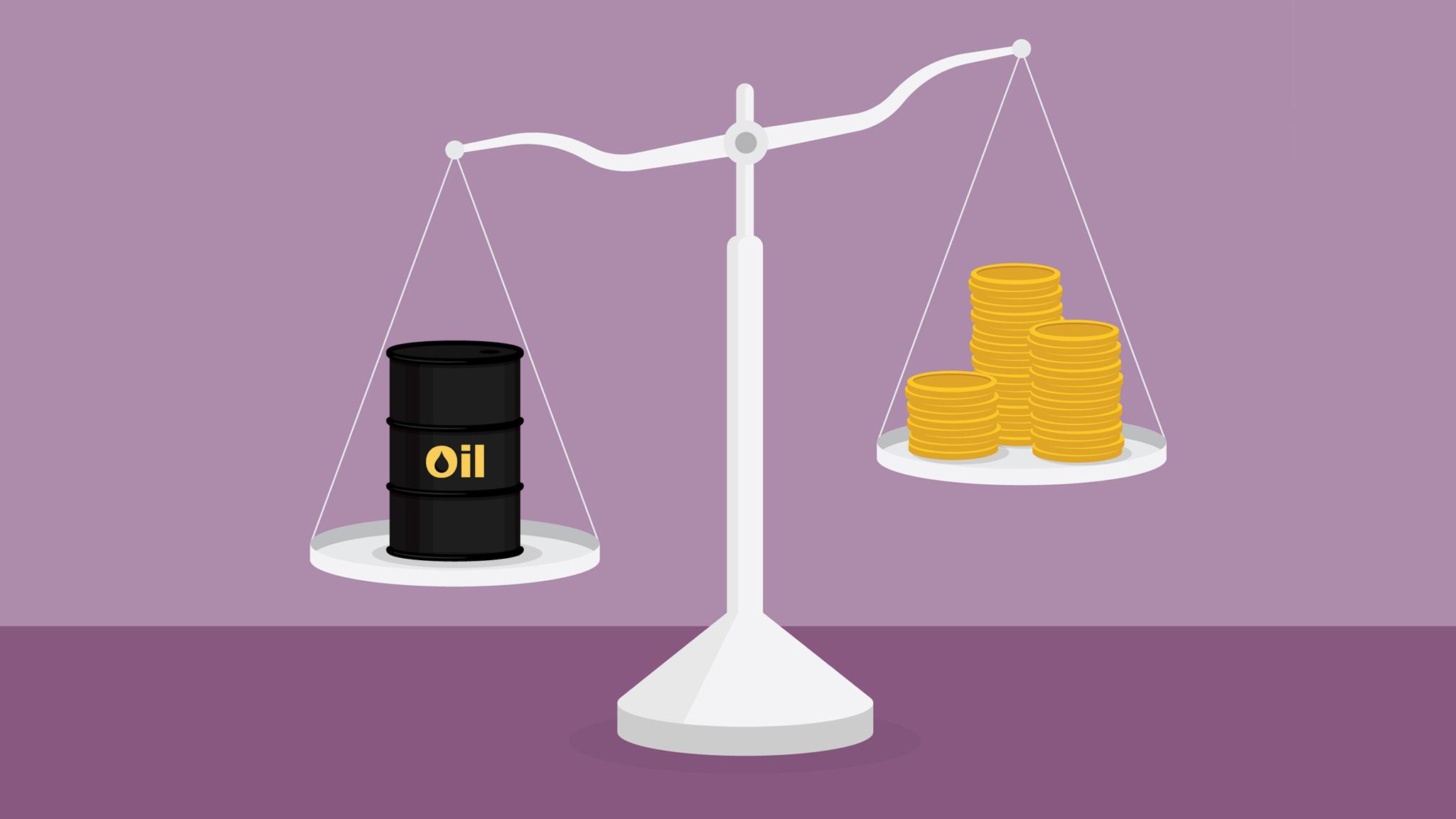Inflation: What is it and why does it affect the cost of living?
- Published
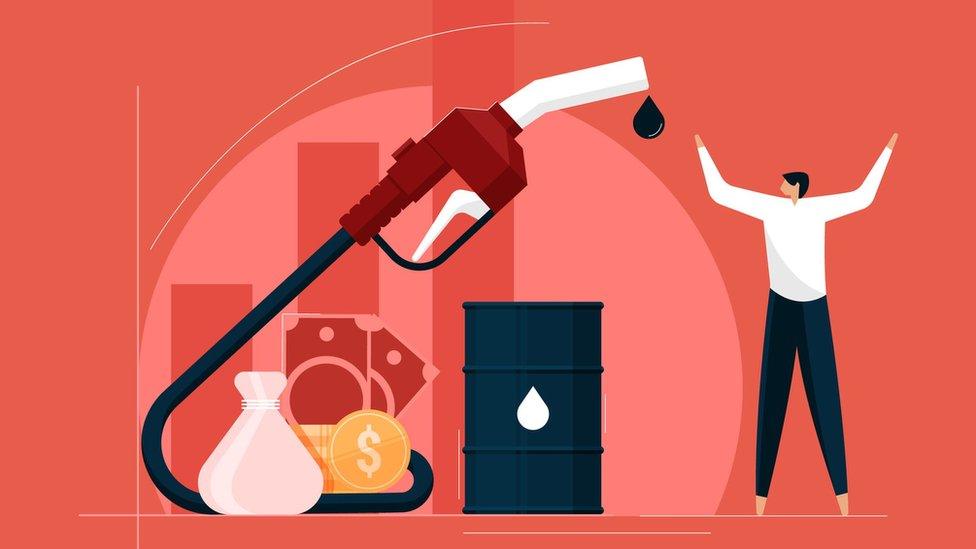
New data has shown that there's been a sharp fall in UK inflation down to 4.6%, the lowest rate for two years.
That doesn't mean prices of things are going down. It means prices are rising, but more slowly than they were before.Prime Minister Rishi Sunak has welcomed the news but accepted that inflation needs to come down more and that people are still struggling.
Inflation "eats into the pound in your pocket, affecting the price of your food shop, your mortgage, the size of your pension pot," he said. "This is why halving inflation has been my number one priority.
"But while it is welcome news that prices are no longer rising as quickly, we know many people are continuing to struggle, which is why we must stay the course to continue to get inflation all the way back down to 2%."
But what does this all mean? When inflation is high, it means the cost of living is high and food, travel, household bills and clothes are more expensive.
So what causes inflation, and what is its impact?
What is inflation?
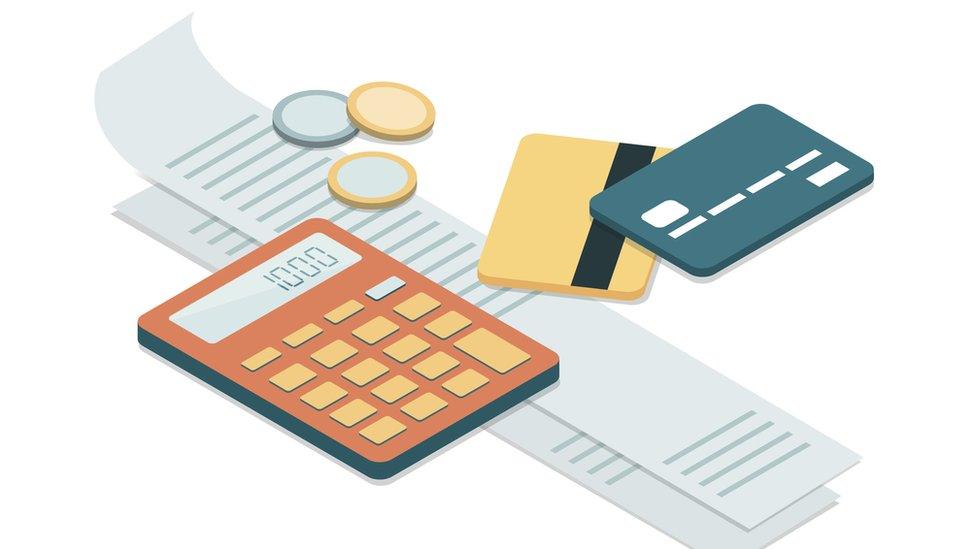
Simply put, inflation refers to the rise in the cost of goods and services over a period of time.
In November 2023, the UK inflation rate was measured at 4.6%, which is down from 10.1% in March 2023.
This is the lowest rate since November 2021.
But for the last eight years it's been less than 2%, so this is still a big increase in prices.
Say you get £2 a week in pocket money - and every week you decide to buy your favourite packet of sweets for £1.20 and save the remaining 80p for a new game that costs £4. In just five weeks you'll be able to buy that game with your own money. Exciting!
But inflation changes the value of products - meaning that they can cost more.
So say inflation has risen in the UK, and now your sweets cost £1.40 instead of £1.20 and the brand new game costs £6 instead of £4. This means it will take you twice as long to save up for the game than before inflation.
And this is the consequence of inflation - it has made your pocket money less valuable than before.
What is the inflation rate?
The inflation rate is the amount by which things are getting more expensive.
If the rate is low, things are more affordable. If it's high, it's going to cost more to buy the things you want and need.
This is why prices are still going up even though inflation has come down - 4.6% is still higher than the UK government want, so things are still getting more expensive, just a bit slower than in March when it was over 10%.
How is inflation measured in the UK?

The price of games like Zelda: Tears of the Kingdom is analysed by the ONS to see if they're getting more or less expensive
The Office for National Statistics (ONS) calculates the inflation rate using what's known as a "basket of goods".
It has a list of hundreds of everyday items like milk, hats and computer games, and it tracks the prices of all of them over time to see if they're going up or down.
This list changes every year, depending on what people are buying.
For example, in 2023 non-chart CDs (that you can buy in shops) were removed, as people are more likely to listen to music on streaming platforms.
What causes inflation?
It might sound complicated but there are very simple reasons for why inflation happens.
Here are two examples of things that cause inflation.
1 Demand-Pull Inflation
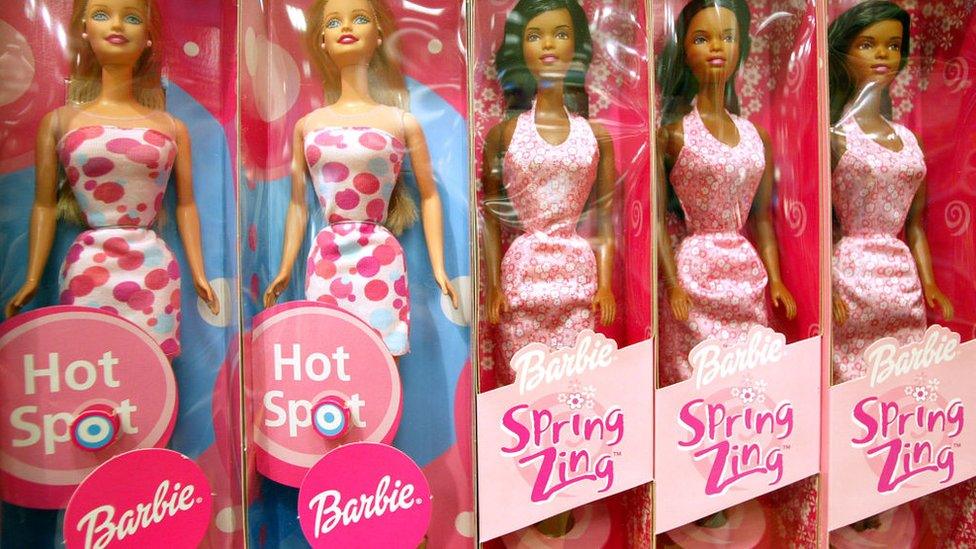
Stock of popular toys has been lower than usual recently
When there's a high demand for particular goods or services, this can increase prices.
For example, with recent issues in bringing goods into the UK, certain toys are missing from our shelves.
So where last year you may have paid £15 for a doll or action figure - when there were enough to go around - there is now less stock, meaning the price of those that are available is higher.
The limited stock of some toys in the UK has pushed the customer price up.
2 Cost-Push Inflation
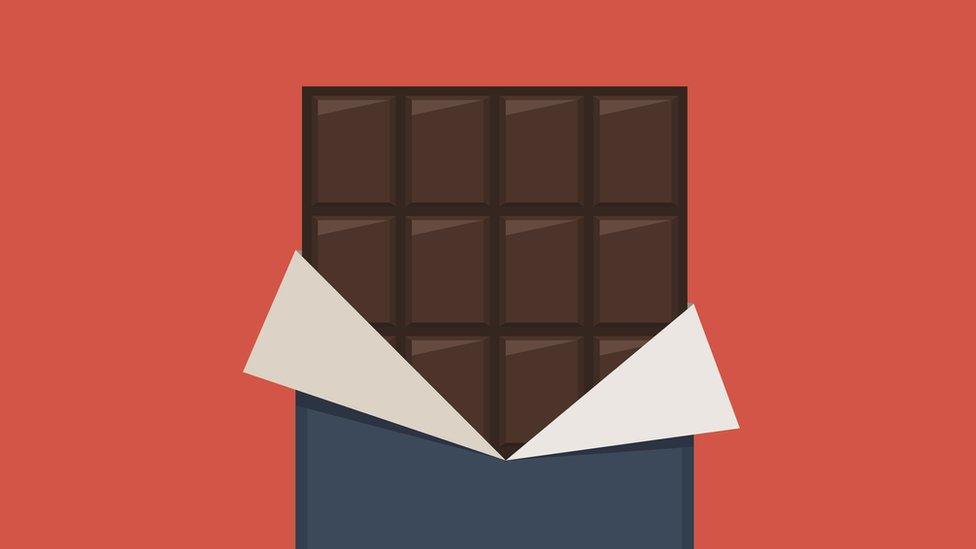
If the cost of making a chocolate bar increases, so does the price the customer pays for it.
This is when the cost of producing goods or services goes up, and the increased cost of production is passed on to the customer.
For example, say a chocolate company sources its cocoa from a particular country.
One year that country has a really bad storm that damages a lot of their cocoa trees, so they produce much less cocoa than usual.
The cocoa has now become more expensive as there is less available to buy.
This means that the chocolate company must pay more to make their chocolate than usual.
To be able to afford to pay for this, they raise the price of their chocolate bars in stores, so the customer pays for the increased price of cocoa.
Why is inflation happening right now?
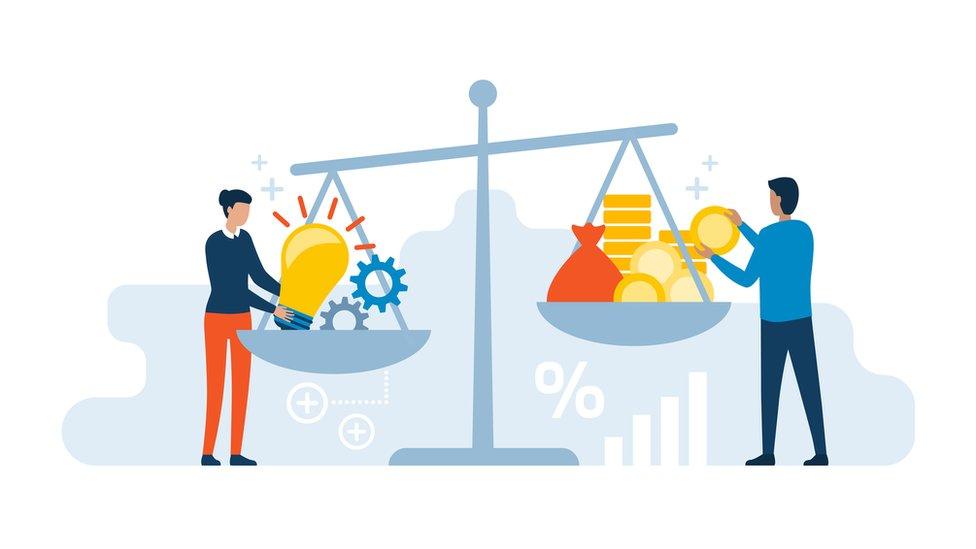
An increased demand for fossil fuels like oil and gas has meant energy prices have gone up.
The price of gas in October is around 60% higher than it was was in October 2021 while electricity is 40%.
And although this latest update shows gas costs fell by 31% in the year to October and the cost of electricity dropped by 15.6%, energy prices are still pretty high by historical standards.
Energy prices have an impact on pretty much everything - from heating homes, to transporting goods and keeping factories in production. So the rise in energy prices has been passed down to the customer.
The Resolution Foundation - an organisation that provides advice and ideas on improving living standards - is warning that the Ukraine conflict is making the situation much worse.
"The crisis in Ukraine has increased both the scale of price rises, but also the degree of uncertainty about their levels and duration," the Foundation's report says.
Supply chains: What are they and why are they so important?
The war also drove up food prices around the world, with the prices of grains and vegetable oils soaring - because lots of our grain is grown in Ukraine. Rising transport and packaging costs have also made imports more expensive.
Experts at the Office of National Statistics say that price rises for food and non-alcoholic beverages were 10.1% in the year to October, which "is still at a high level in comparison to recent years".
They say the price of food in October 2023 was around 30% higher than it was in October 2021.
There have also been shortages of goods like building materials and computer chips, which has created problems in the supply chain. Businesses are often passing on the extra costs to customers.
Some companies who are struggling to recruit people for certain jobs have offered higher wages as an incentive.
However, the cost of these increased wages has been passed down to the customer too.
Mortgages and interest rates
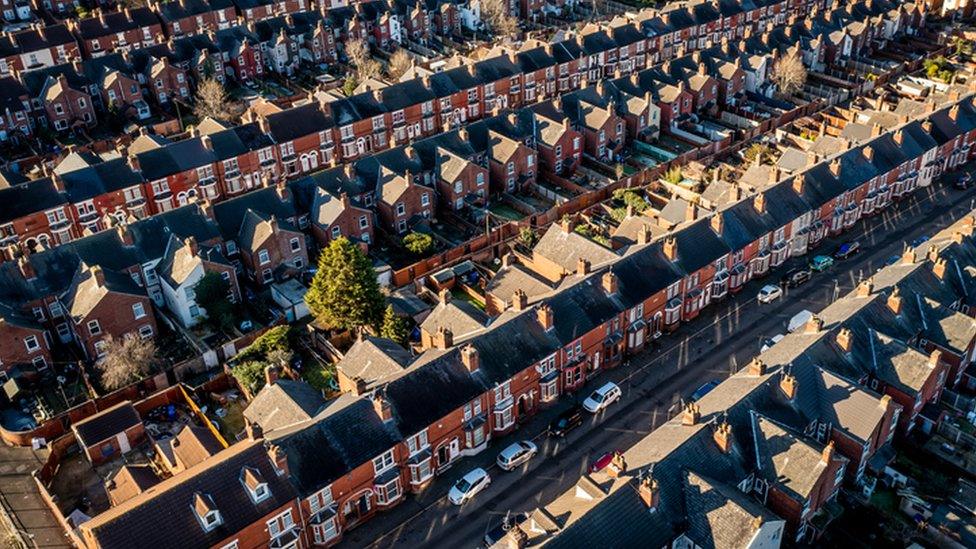
As well as food and energy costs rising, adults are also having to deal with mortgages going up, due to increased interest rates.
A mortgage is something adults get when they buy properties - it's how houses or flats can be paid for in monthly payments.
These monthly payments are worked out by interest rates - which are currently very high.
This is because the pound - the currency used in the UK - lost its value during 2022, falling to record low.
The pound's value is slowly increasing, but lots of different things can impact its value - a main one is investors not choosing to buy and sell the currency across the world's markets.
You can read more about how the value of money works in our guide here.
According to the Office of National Statistics, the cost of an 800g loaf of bread in October 1971 was 9p.
Today that same loaf of bread costs £1.39 due to inflation.
But because the average wages in the UK have risen in that period the rise in the cost of bread is not seen as extreme.
Is inflation always a bad thing?
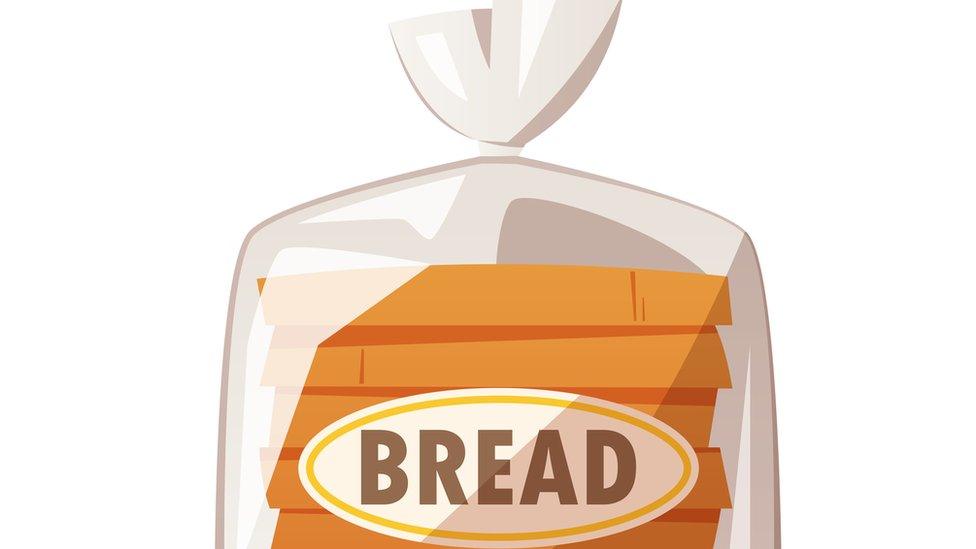
The short answer is no, but this is where it gets a bit complicated.
If wages (what people are paid for the work they do) or benefits (money the government pays to support those in financial need) increase at the same rate as inflation, then inflation does not have such a big impact.
When someone's wages or benefits don't rise in line with inflation, then the true value of the money they have goes down.
And obviously this can make life harder - paying for rent, or food or even a TV subscription suddenly becomes more expensive than it was before.
But inflation can also do good things for the economy like increase production.
More production can mean higher wages, more jobs and more goods and services, which can balance out the negative effects of inflation.
- Published23 March 2022
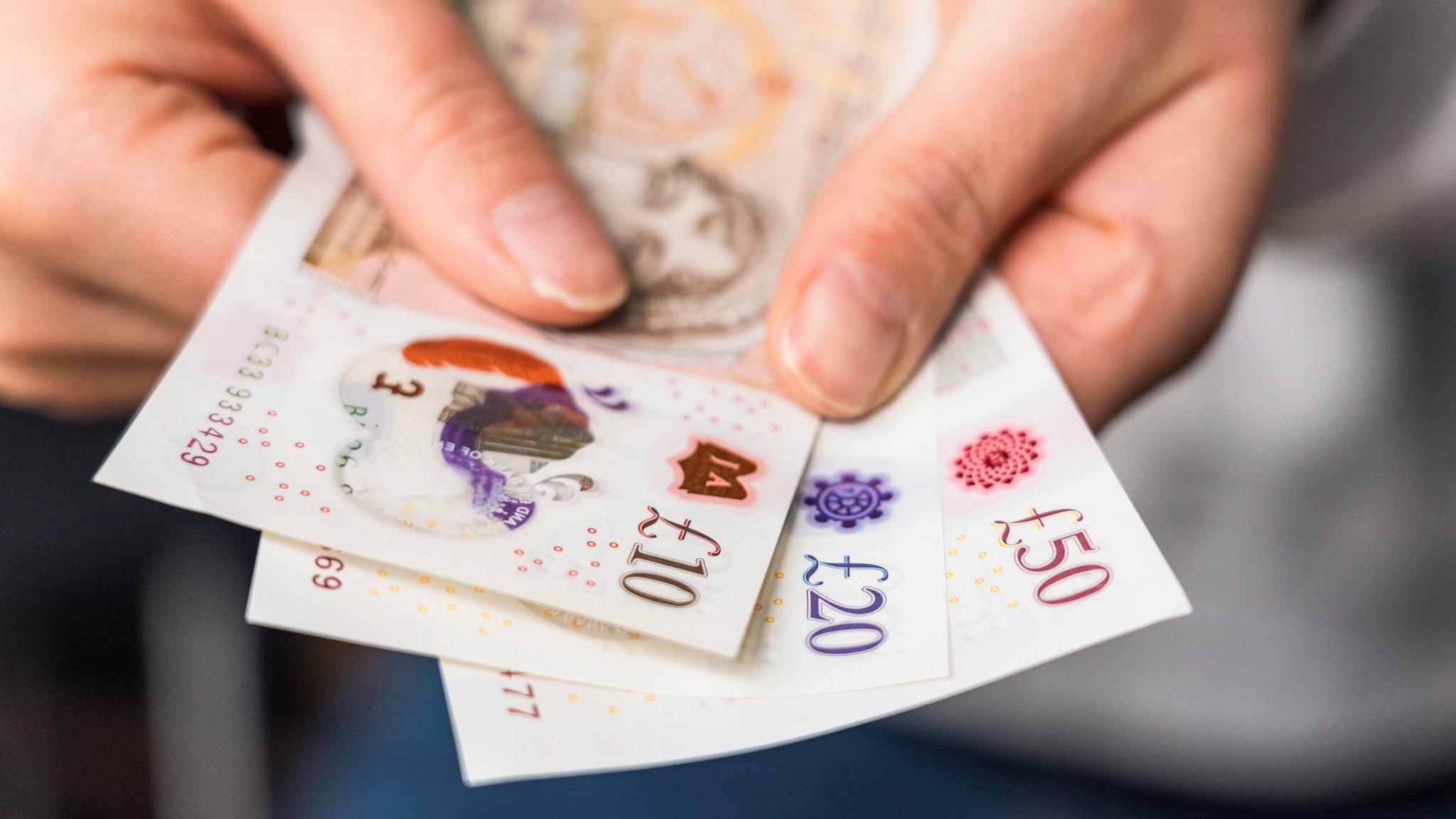
- Published6 October 2021
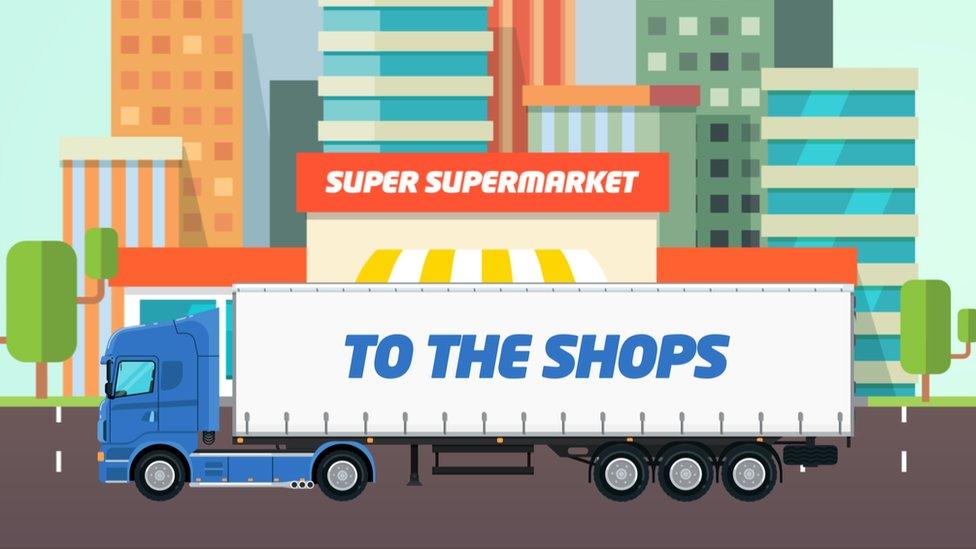
- Published21 September 2021
